


Istanbul Where Continents Meet
Experience the Fusion of Cultures
Istanbul is a city that straddles two continents and connects the East and West. As such, the city is a melting pot of cultures and traditions, blending together to create a unique and vibrant atmosphere that can be felt throughout the city.
From the ancient mosques and palaces that dot the city's skyline, to the modern skyscrapers and bustling markets, Istanbul is a city of contrasts that manages to balance tradition and modernity in a way that is truly remarkable.
Whether you're exploring the trendy neighborhoods of Beyoglu and Karakoy, or visiting the historic Galata Port area, Istanbul offers something for everyone. Indulge in the city's rich culinary scene, which reflects the city's diverse population and history, or take a stroll through the many parks and green spaces that dot the city
When it comes to congress facilities, Istanbul has a range of options to offer. The city is home to several world-class hotels that cater to conferences and events of all sizes. Some popular choices include as ….
The Vibrant Demographics of Istanbul
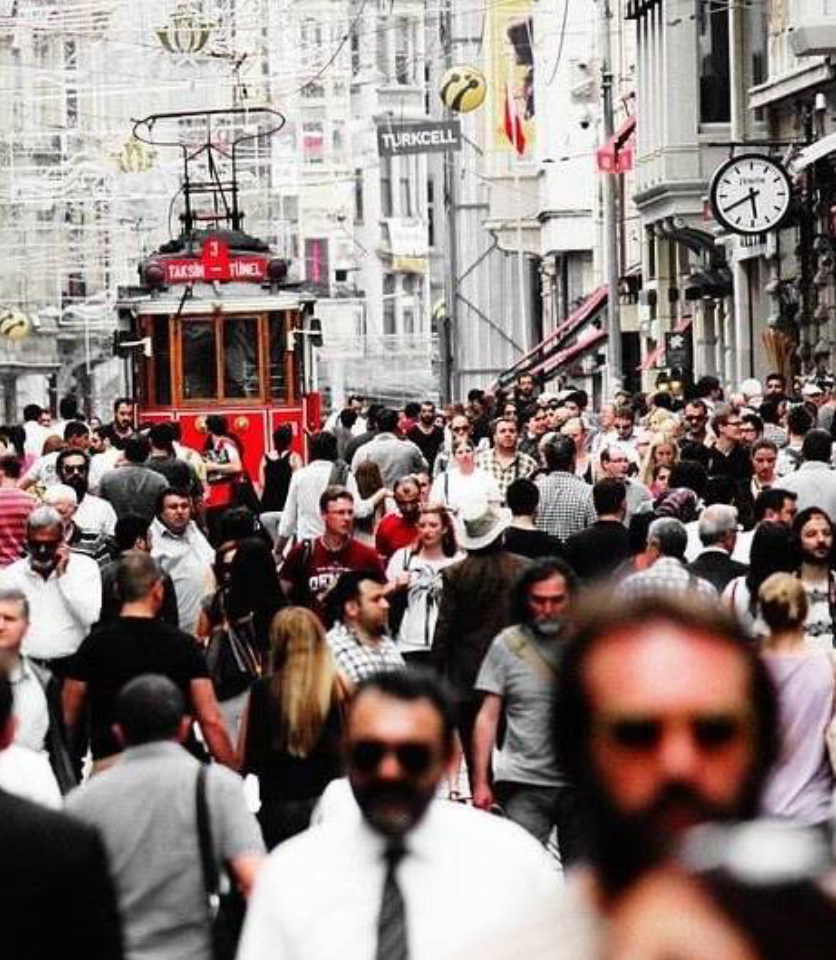
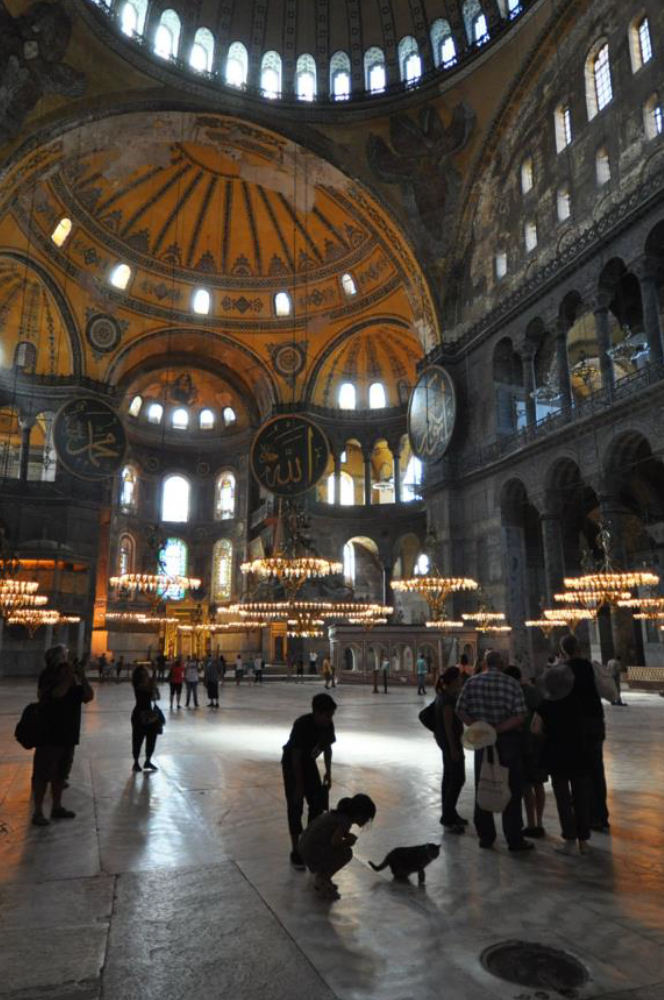
Historical Significance
HIGHLIGHTS
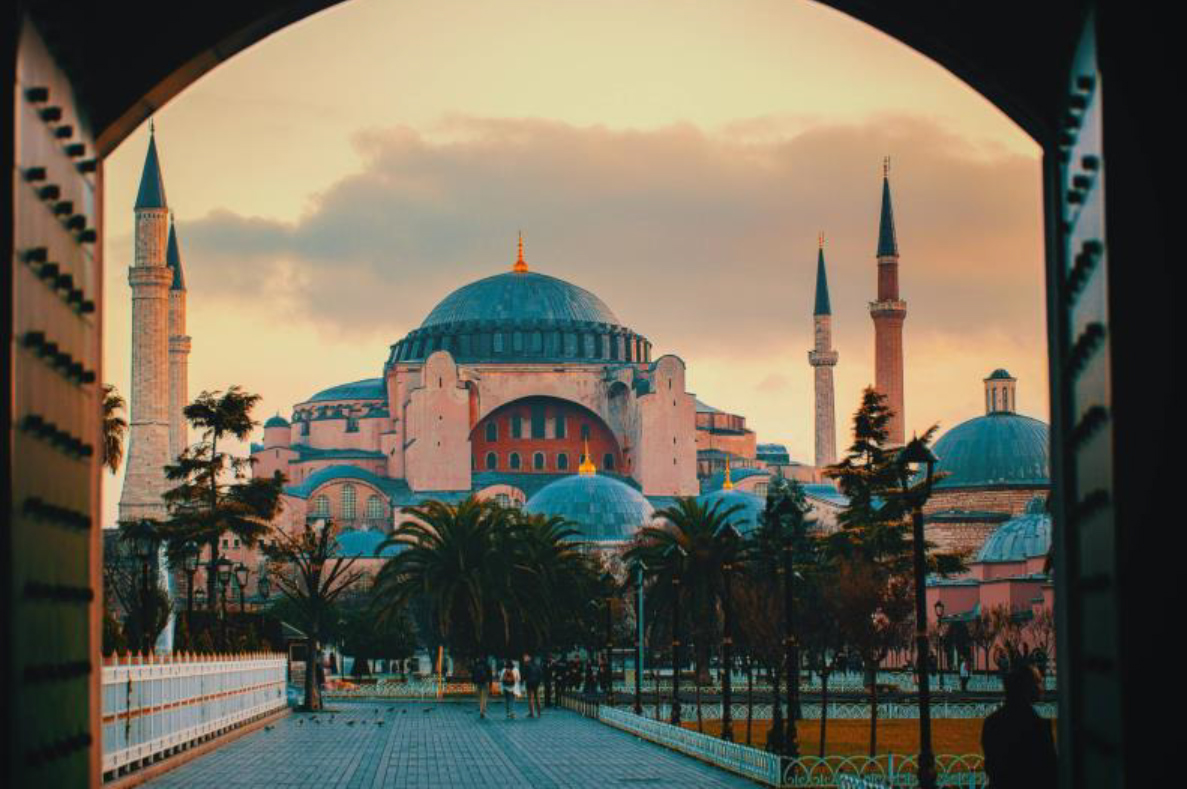
Hagia Sophia: This architectural marvel, once a church, later a mosque, and now a museum, showcases Byzantine and Ottoman architectural styles. It is stunning dome and intricate mosaics continue to captivate visitors from around the world. Located in the historic center of Istanbul, Hagia Sophia is one of the world’s greatest cultural and historical sites, representing more than a millennium of civilization.
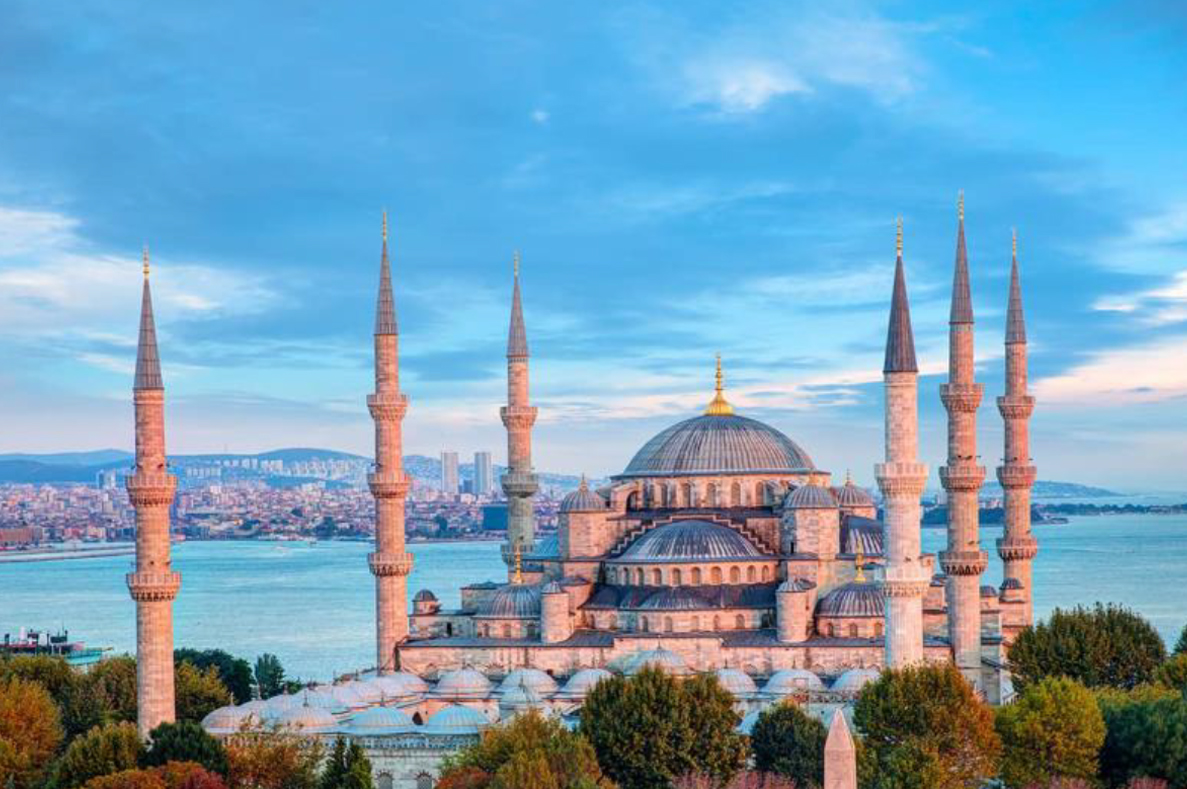
The Blue Mosque: Known for its cascading domes and six slender minarets, the Blue Mosque is a prime example of Ottoman architecture. Its interior features over 20,000 handmade Iznik tiles and exquisite stained-glass windows. The intricately tiled Blue Mosque in Istanbul is a living monument to the Ottoman Empire, whose powerful, fascinating history is built into the very foundations of the mosque’s 400-plus- year-old facade.
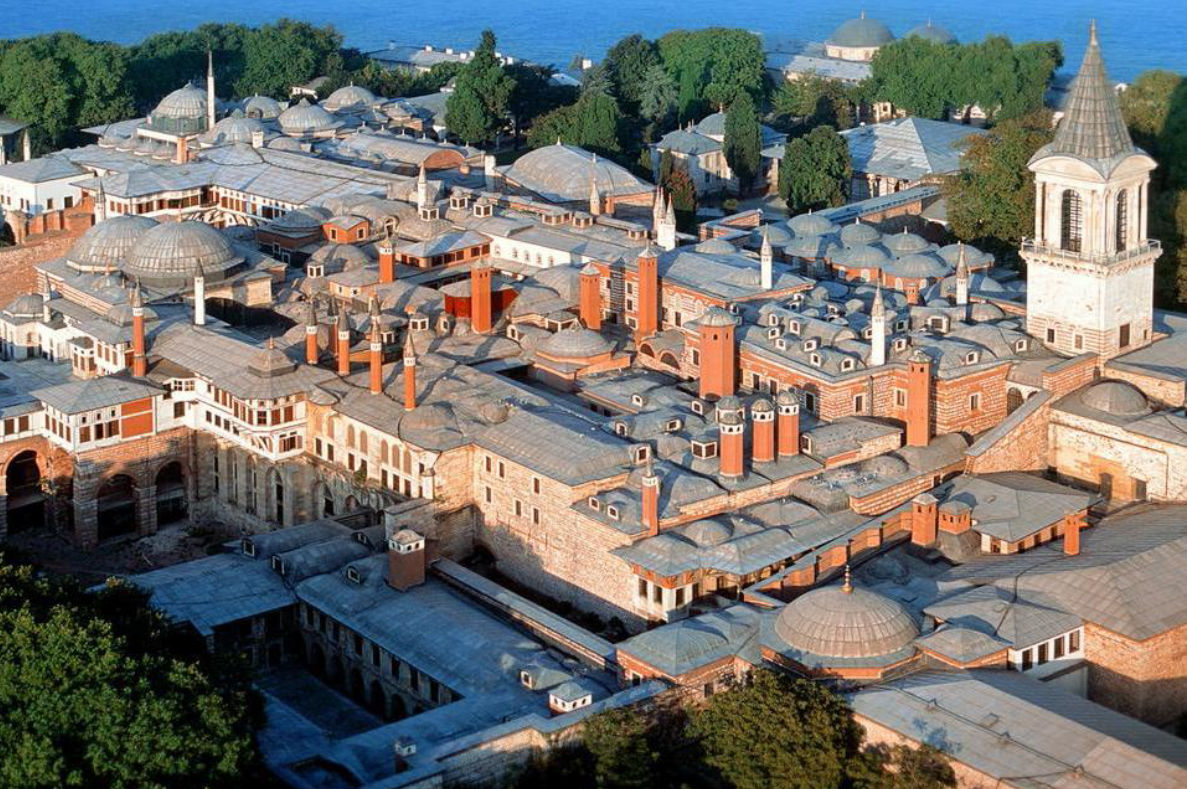
Topkapı Palace: This sprawling palace complex, once the residence of Ottoman sultans, offers a glimpse into the opulent world of the Ottoman Empire. The palace is home to a vast collection of art, jewels, and religious relics. As the main royal residence between its completion in the 1460s to the construction of the Dolmabahçe Palace in the mid-19th century, it has borne witness to some of the most colorful and questionable figures of the Empire.
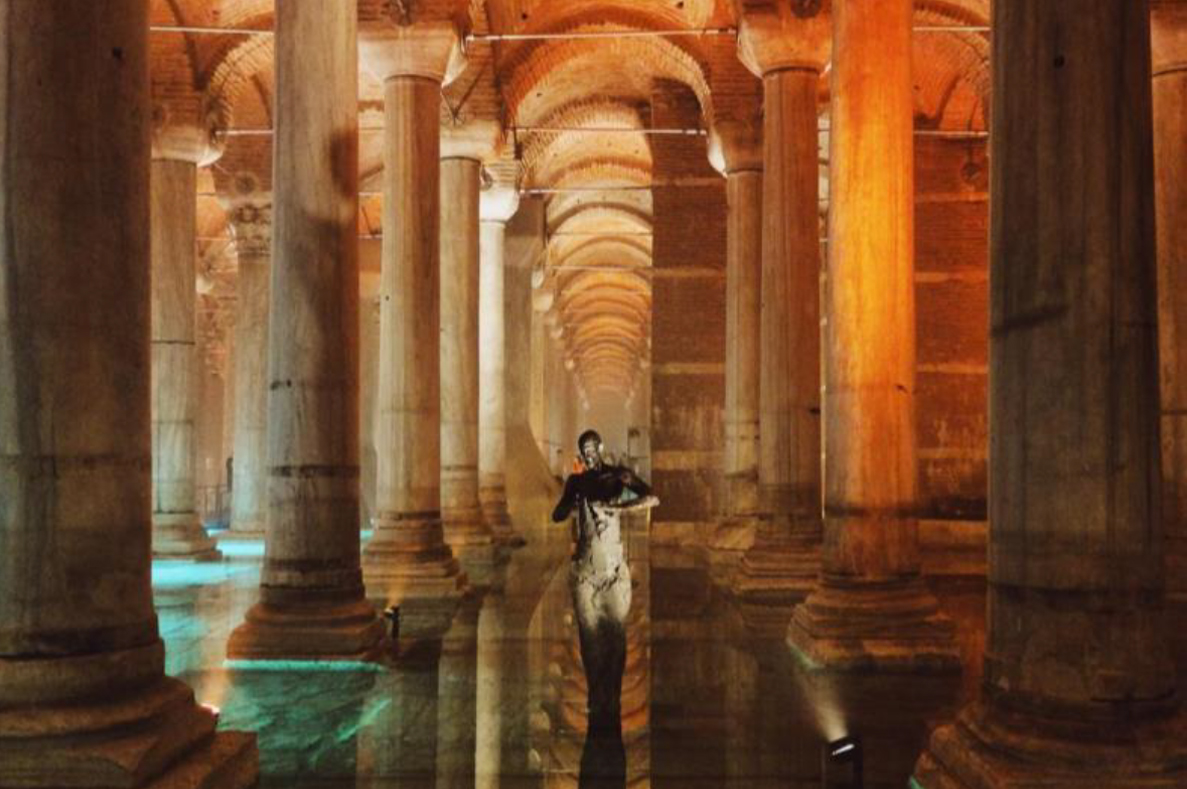
The Basilica Cistern: This ancient underground water storage system is an engineering marvel. Visitors can explore the eerie, dimly lit cistern and marvel at the hundreds of columns that support the structure. Like the Hagia Sophia Mosque, it was commissioned by Byzantine emperor Justinian as one of the hundreds of cisterns meant to hold rainwater.
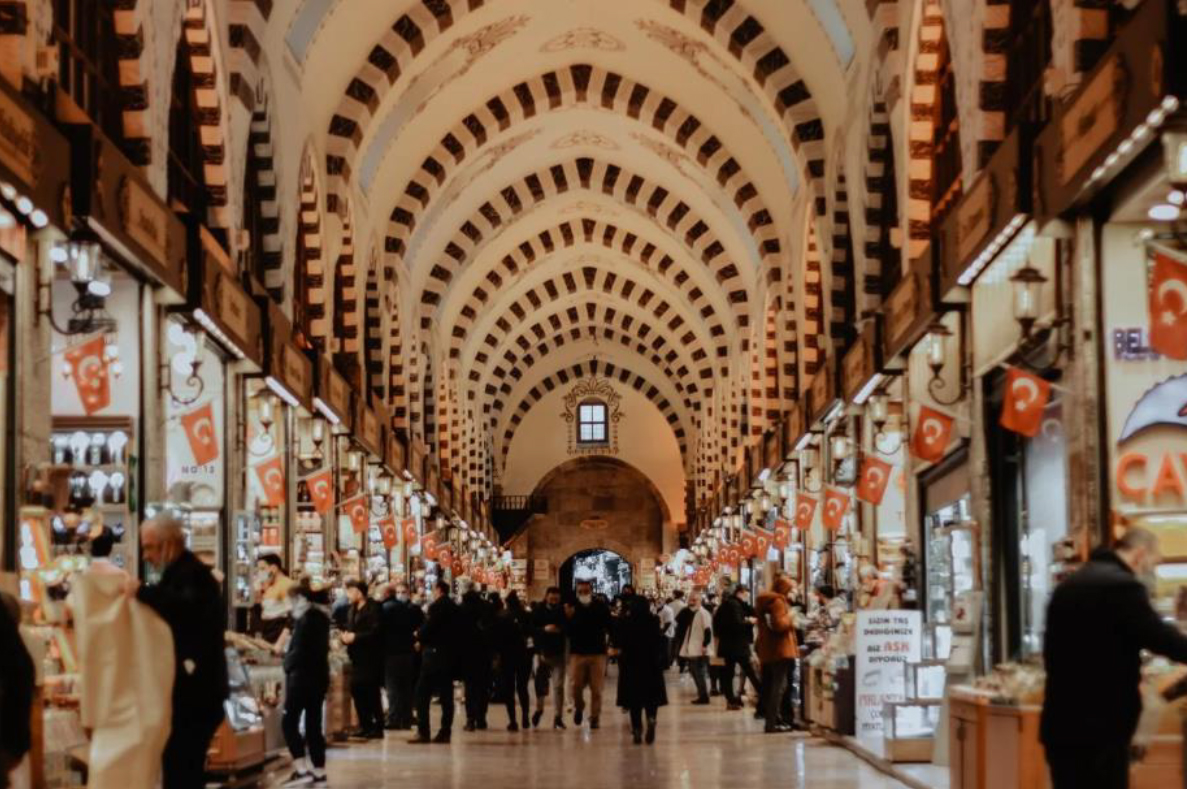
Grand Bazaar: One of the oldest and largest covered bazaars in the world, the Grand Bazaar is a must-visit for shoppers and history buffs alike. With over 4,000 shops, visitors can find everything from traditional Turkish carpets and ceramics to jewelry and spices. Vibrant, bustling, and extraordinarily unique, Istanbul's Grand Bazaar is an attraction like no other destination in the world.
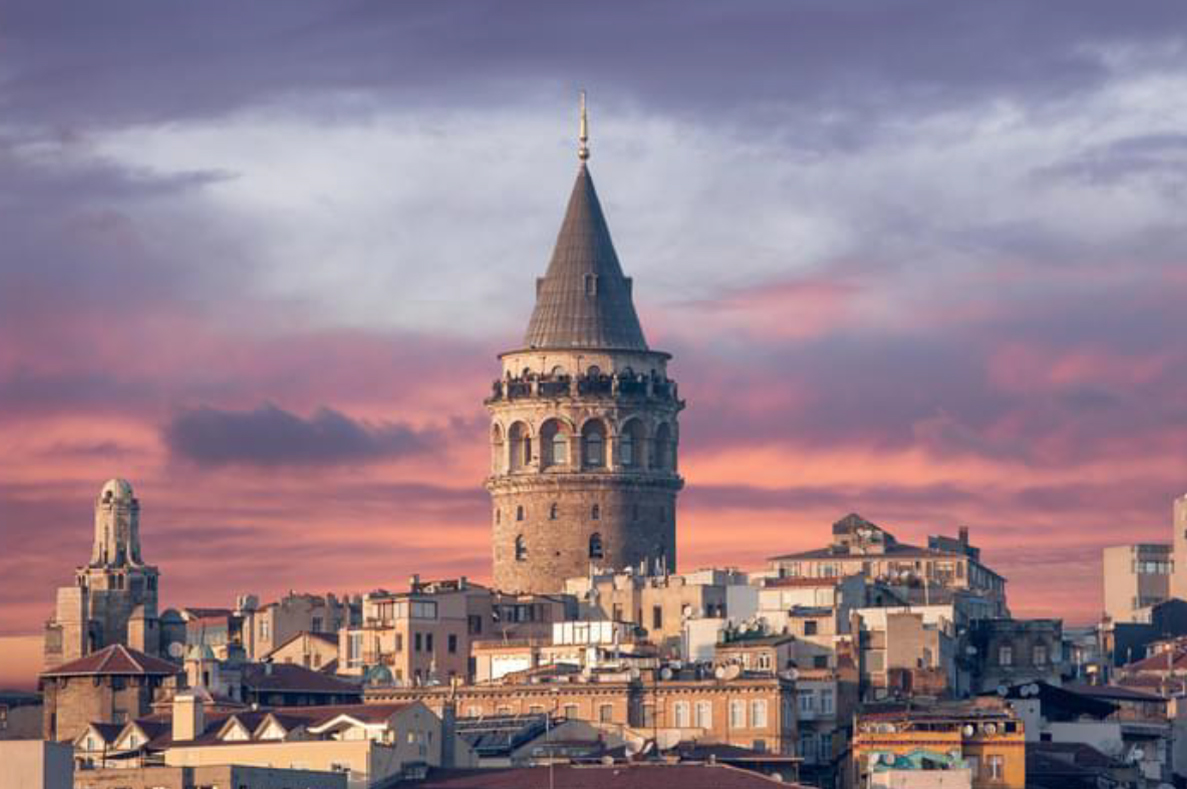
Galata Tower: In 1348, the Genoese
community living in the district of Pera
(Galata) built today’s Galata Tower and
named it Christea Turris (Tower of Christ).
Galata Tower is a cylindrical tower made
from stone and it is approximately 67
meters long.
During the Ottoman period, Galata Tower
functioned as a jail, observatory house,
and watchtower. The tower functions as a
360-degree viewing platform of Istanbul.
About Istanbul : https://istanbul.ktb.gov.tr/EN-285224/explore-istanbul.html